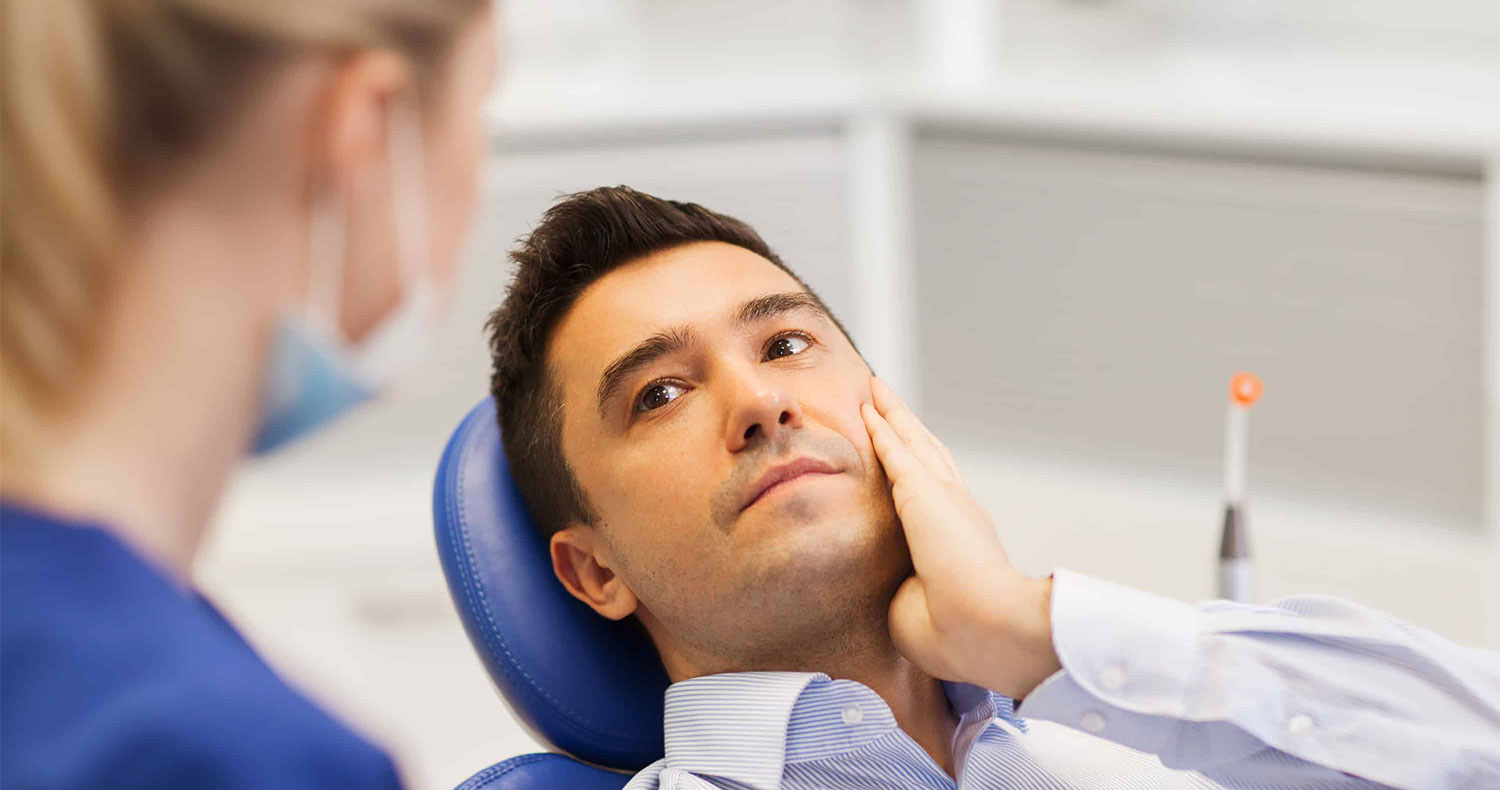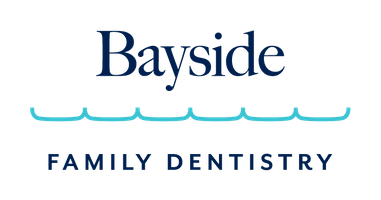TMJ pain and facial pain is rife and affecting younger patients more these days. Chronic pain reduces our quality of life, and pain from daily grinding is putting teeth at risk of cracks and fractures. Watch our video below for more information on TMJ and its associated medical conditions, rang of treatment options and more.
Dr Suzanne Cairns, Owner and Principal Dentist at Bayside Family Dentistry.
We all grind our teeth to some extent every night, especially as we sleep! Dentists classify this condition as Bruxism. Sufferers (known as Bruxers) usually experience involuntary clenching, grinding and gnashing of the teeth. It is an extremely destructive disease and is explained by an improper jaw function.
An abnormal jaw function occurs due to three main reasons.
- The first is anxiety/stress causing us to clench and grind our teeth together. Most of us are experiencing this on a nightly basis.
- The second is when there is an interference between our teeth (like a filling that is too high) and the teeth grind against each other to try to level it out.
- The third is sleep apnoea, a sleep disorder where the body is starved of oxygen leading to life-threatening diseases. In a nutshell, those diagnosed with sleep apnoea will grind their teeth during sleep to allow more oxygen into their bodies as their airways are blocked. The brain triggers an alert response, and the jaws will grind against each other to open up the airways to breathe.
Do you have jaw pain or a teeth grinding problem?
Book now for a consult so we can discuss long-term solutions to help prevent further damage to your teeth from grinding.




What is TMJ (Temporomandibular Joint Dysfunction)
Long term Bruxers may experience TMJ (Temporomandibular Joint Dysfunction ). This is described as an alteration in the normal functioning of the jaw joint causing pain.
The three most common Temporomandibular disorders are :
- Myofascial pain, a muscular disorder resulting from clenching or Bruxism that is sometimes related to headache, chronic back pain, stress, and anxiety.
- Internal derangement is used to describe an abnormal position of the articular disc. This disc is the little rubber band that sits between your jaw and the skull, cushioning the forces from eating and allows the jaw to open and close with ease. In TMD the abnormal position of the disc results in clicking and restriction of the normal range of motion i.e.: limited mouth opening.
- Osteoarthrosis is a degenerative disorder mainly affecting the disc cartilage of the jaw joint. Just like the cartilage in the knee, if the disc cartilage is damaged the joint does not work correctly.
Treatment of TMJ disorders is very complex as is their diagnosis and usually has a multidisciplinary approach to treatment.
TMJ and Bruxism are of great concern to all dentists as they , with the exception of dental decay, are the cause of most dental destruction.
If they are not the cause, then they will exacerbate any underlying disease. For example periodontal disease will be exacerbated by bruxism causing accelerated destruction to the underlying supporting tissues.
Do you have jaw pain or a teeth grinding problem?
Book now for a consult so we can discuss long-term solutions to help prevent further damage to your teeth from grinding.




Teeth Grinding
Symptoms of tooth grinding
So what should you be looking out for?
- Fractured, chipped or loose teeth
- A dull headache, sore jaws and/or ear pain
- Aching teeth, and stiffness in the face and temples, particularly after you’ve just woken up
- Sore jaws while you’re eating, especially at breakfast time
- Sensitivity to hot and cold food and drinks
- Intense jaw clenching
Teeth grinding and children
It can start as early as 2 years old. Yes, even young children grind their teeth. A lot of children between ages 2-9 grind their teeth and it’s common for snoring to occur too. Two thirds of these children WILL grow out of this by around 9 when the airways develop and they can breathe better.
Teeth grinding and adults
Most people aren’t even aware they are grinding their teeth until their partners tell them or advanced symptoms such as jaw pain, headaches and worn down, sensitive teeth start to emerge.
Problems caused by tooth grinding
Teeth grinding places a lot of pressure on your teeth, cracking their protective enamel, fracturing them and breaking things like crowns and fillings, while placing great stress on your jaws, joints and muscles.
Cracked teeth may start out as a small fracture but with continual grinding pressure at night time, these small cracks will grow to larger cracks causing more damage to the tooth enamel. Eventually it will cause damage to the nerve centre of the tooth allowing bacteria to enter, causing pain swelling and the nerve will die.
You might also find your teeth are more sensitive to temperature fluctuations, and more painful to bite down on as the tissue that attaches them to the bone gets inflamed.
Causes and treatments
The range of likely causes of Bruxism are complex and it may take time to get to the crux of the problem. Your dentist, of course, will take care of the possible physical causes such as overly-high fillings, recommend teeth with cracks have a crown fitted, or may fit with a custom mouthguard if you grind your teeth at night.
Do you have jaw pain or a teeth grinding problem?
Book now for a consult so we can discuss long-term solutions to help prevent further damage to your teeth from grinding.





